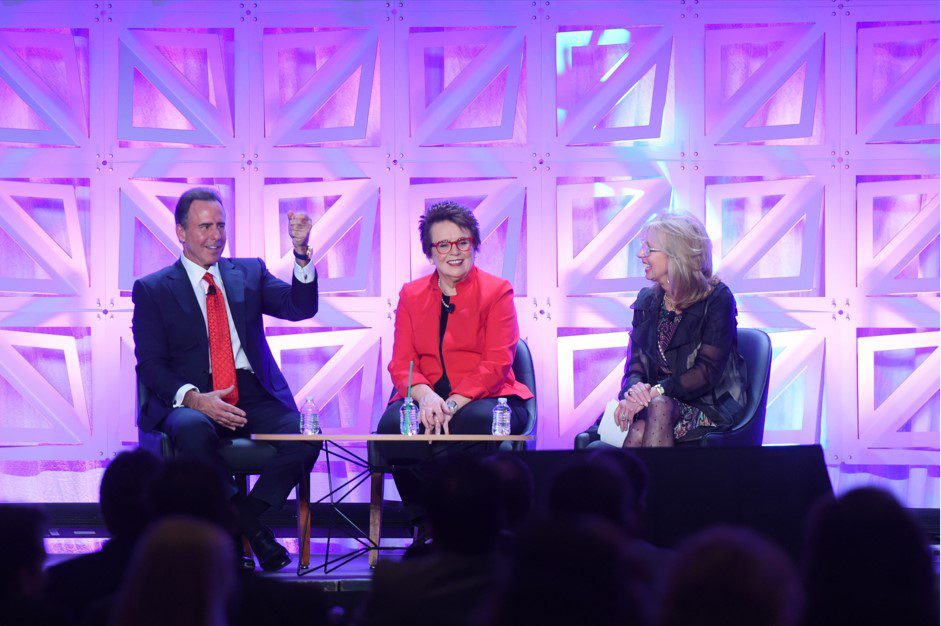Mark Frissora, an accomplished executive renowned for transforming major corporations, placed significant emphasis on sustainability and diversity throughout his career. His approach to corporate leadership demonstrated a deep commitment to these principles, recognizing their critical role in driving innovation, fostering inclusive cultures, and ensuring long-term business success. This vision was particularly evident in his tenure at Tenneco and Hertz, where he implemented comprehensive strategies to integrate sustainability and diversity into the core operations and ethos of these companies.
Sustainability in Mark Frissora’s Leadership Vision
For Mark Frissora, sustainability was not merely a regulatory necessity but a strategic cornerstone of business operations. During his leadership at Tenneco, an automotive parts manufacturer, Frissora foresaw the increasing importance of environmental responsibility within the industry. He championed initiatives aimed at reducing the environmental impact of Tenneco’s products and operations, ensuring the company stayed ahead of regulatory demands and market expectations.
At Hertz, a global car rental company, Frissora’s commitment to sustainability was evident through several initiatives designed to minimize the company’s carbon footprint. He spearheaded the introduction of more fuel-efficient and hybrid vehicles into Hertz’s fleet, significantly enhancing the company’s environmental performance. Additionally, he promoted energy-efficient practices across Hertz’s operations, from optimizing logistics to implementing green building standards at the company’s facilities.
Diversity in Mark Frissora’s Leadership Vision
Diversity was another critical pillar in Frissora’s leadership vision. He consistently championed the belief that a diverse workforce leads to better decision-making, greater innovation, and improved business outcomes. At Tenneco, he implemented policies that promoted gender, ethnic, and cultural diversity within the company. This involved setting clear diversity goals, enhancing recruitment practices to attract a broader talent pool, and fostering an inclusive workplace culture where all employees felt valued and empowered.
Frissora continued to advocate for diversity at Hertz, recognizing the company’s global presence required a workforce capable of understanding and catering to diverse customer needs. Under his leadership, Hertz made significant strides in improving diversity at all organizational levels. This included expanding diversity training programs, establishing employee resource groups, and integrating diversity metrics into performance evaluations and leadership development programs.
Implementing Sustainability at Tenneco and Hertz
As the CEO of Hertz and Tenneco, Mark Frissora implemented a multi-faceted sustainability agenda.
1. Tenneco:
At Tenneco, Frissora’s approach to sustainability was multifaceted. One of the key initiatives he led was the development of cleaner emission technologies. Tenneco invested heavily in research and development to create advanced catalytic converters and emission control systems that helped automakers meet stringent environmental regulations. These innovations positioned Tenneco as a leader in green technology and opened up new markets and revenue streams.
Frissora also emphasized sustainable manufacturing processes. Tenneco adopted practices that minimize waste, improved energy efficiency, and reduced water usage across its production facilities. The company implemented a comprehensive sustainability reporting framework, providing transparency on its environmental performance and progress towards sustainability goals.
2. Hertz:
At Hertz, Frissora’s sustainability strategy was similarly comprehensive. He launched the “Living Journey” sustainability program, which focused on reducing the company’s environmental impact through fleet efficiency, energy management, and waste reduction. A notable achievement was the significant increase in the number of fuel-efficient and low-emission vehicles in Hertz’s fleet, appealing to environmentally conscious customers and reducing operating costs associated with fuel consumption.
Frissora also prioritized sustainable practices within Hertz’s operations. This included optimizing vehicle maintenance schedules to extend the life of vehicles, implementing recycling programs at rental locations, and reducing energy consumption through the use of energy-efficient lighting and HVAC systems. Furthermore, Hertz engaged in partnerships with environmental organizations to promote sustainable travel and tourism.
Implementing Diversity at Tenneco and Hertz
Here is how Mark Frissora implemented diversity while at the helm of Tenneco and Hertz respectively.
1. Tenneco:
Frissora’s efforts to enhance diversity at Tenneco were strategic and impactful. He established a Diversity and Inclusion Council tasked with developing and overseeing the company’s diversity initiatives. This council worked on creating an inclusive culture by promoting awareness and understanding of diversity issues through training and education programs.
Under Frissora’s leadership, Tenneco also focused on diversifying its leadership team. The company set targets for increasing the representation of women and minorities in senior management roles and implemented mentorship programs to support the career development of diverse employees. These efforts not only improved Tenneco’s internal culture but also strengthened its reputation as an employer of choice.
2. Hertz:
At Hertz, Frissora built on his experience from Tenneco to drive diversity initiatives. He implemented a comprehensive diversity strategy that included setting clear goals for increasing workforce diversity, particularly in leadership positions. Hertz introduced initiatives such as unconscious bias training, diversity recruitment programs, and partnerships with organizations that support underrepresented groups in the workforce.
Frissora also championed the creation of employee resource groups (ERGs) at Hertz. These ERGs provided a platform for employees to connect, share experiences, and support each other, fostering a sense of belonging and community within the company. By encouraging the formation of ERGs, Hertz was able to leverage the unique perspectives and talents of its diverse workforce, leading to more innovative solutions and better business outcomes.
Conclusion
Mark Frissora’s visionary leadership in sustainability and diversity significantly influenced the success of Tenneco and Hertz. By embedding these principles into the strategic framework of these companies, Mark Frissora not only enhanced their operational efficiency and innovation capabilities but also strengthened their reputations and market positions. His approach demonstrates that sustainability and diversity are not just ethical imperatives but also strategic drivers of business success. Under Frissora’s leadership, Tenneco and Hertz set examples of how companies can achieve long-term growth and profitability by embracing and promoting sustainability and diversity.

